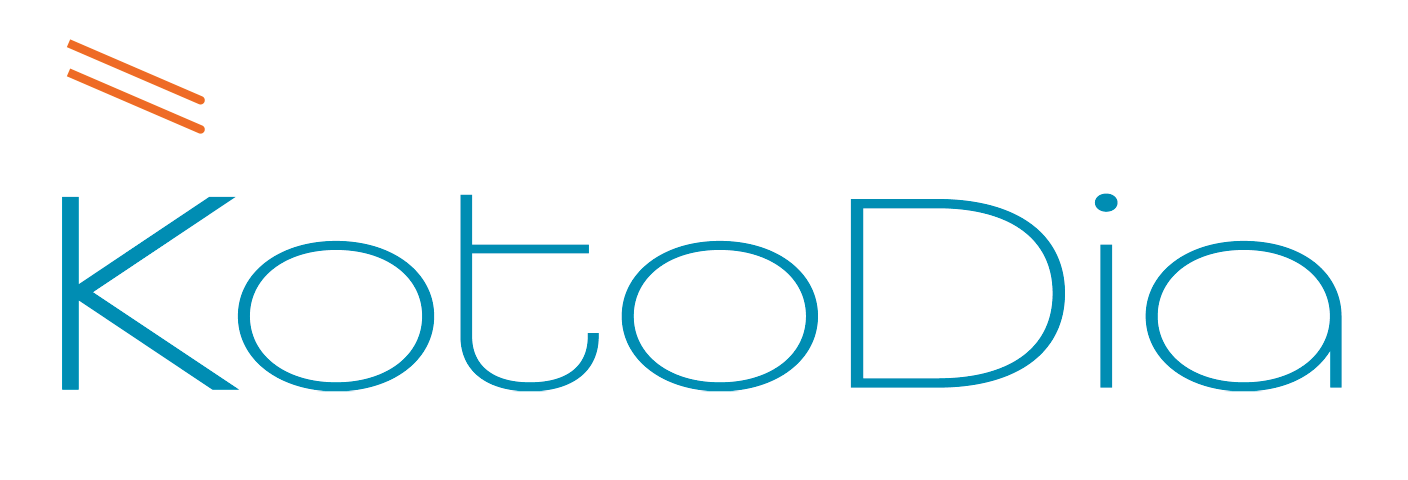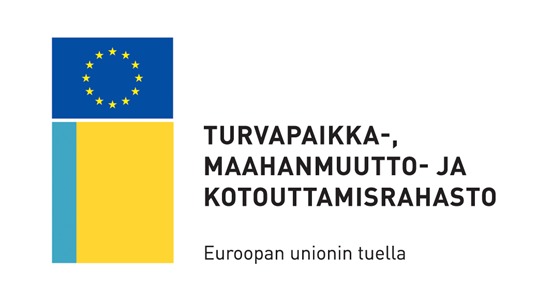KotoDia: Training, Guidance and Mentoring to Support Integrative Diaconal Work in the Integration of Immigrants


The project Training, Guidance and Mentoring to Support Integrative Diaconal Work in the Integration of Immigrants is taking place from the 1st of July 2020 to the 31st of December 2022. The project receives funding from the Ministry of the Interior’s Asylum, Migration and Integration Fund.
Through the KotoDia Project, Sataedu offers the partner churches and other partners the following:
1. Training and mentorship for the leaders of churches and volunteers who work with immigrants.
2. Competence to organise events and ways of working together in support of integration in churches.
3. Help with initiating peer support workgroups and coaching group leaders to help immigrants in vulnerable positions.
4. Development of empowering forms of psychosocial support targeting groups and individuals in need of special support.
Although the training is targeted at volunteers and church leaders, ultimately, the beneficiaries of the project are those third-country nationals who are in their integration period and who are at the risk of social exclusion. Churches and their volunteers have an important role to play in supporting the integration of immigrants.
The partners of the project are the Pentecostal Church of Finland, FIDA International and nine Pentecostal churches from all over the country: the Pentecostal Churches of Oulu, Kuopio, Mikkeli, Joensuu, Lahti, Hämeenlinna, Vammala and Tampere, and the Hervanta Street Chapel (Pentecostal Church). Also, the employees and volunteers of the Evangelical Lutheran Church, volunteers of some organisations, and people who encounter immigrants in their work, such as teachers and social workers, have also participated in the training, as the training is available to all.
Objectives of the project:
1. Increase the competence of those who encounter immigrants in churches and develop good working practices in the work performed.
2. Improve the life management skills of immigrants by providing psychosocial support.
3. Make the attitudes and culture of churches more inclusive.
4. Make churches network with the authorities and other actors of the municipal third sector in support of integration.
5. Extend the impact of the project: Make the models and training designed in the future also available to other churches and organisations working with immigrants.
During the KotoDia project, a psychosocial support training package and a program model of peer support groups were developed in cooperation with Kohtaamisia Consulting LTD and Pia Rendic, to be applied locally and on a situation-by-case basis. In addition, the training package was designed for the leaders of churches, personnel, and volunteers. All training is available to anyone who works with or is interested in working with immigrants. This, for its part, contributes to networking with other actors in the municipality.
Training packages for psychosocial support
Trauma awareness and awareness of the challenges posed by refugeehood
Compassion fatigue and the need for work guidance for immigrant workers
Increasing the understanding of traumas and addictions
Children, young people and family support
How to walk alongside, address issues, practical tips
Starting a peer support group, the process and the group program
The causes, manifestations and consequences of gender-based violence
The causes, manifestations and consequences of gender-based violence
Training for church leaders, personell and volunteers
Equality as a cross-cutting goal in activities and management
Is there room to join in? Inclusivity (inclusion) and social engagement
Addressing the challenges of cultural differences and conflict resolution, community discussions
Plain language and its use
Integration processes and systems as well as the opportunities for churches to provide support at this stage
Media literacy and social media behaviour, addressing these matters in churches
“This is how it’s done here, what about where you are coming from?” Cultural sensitivity, acquisition of cultural information
The organisation of multicultural work in churches
The flow of information and briefing in multicultural work
The organization of activities, training for immigrants
Preparation for family reunification: The training is intended for a spouse residing in Finland
Training for the native language literacy instructors of peer learning groups
The use of the Living Library tool
Training for the instructors of the Finnish language clubs
Money management training
Job search training
Mentoring
In addition, the project provides mentoring and guidance on the project´s topics. Mentoring on various subject areas has been carried out individually, together with the teams on-site, and jointly for all the partners.
Mentoring topics
1. The organisation of multicultural work and the flow of information
2. Initiation and development of activities in support of integration
3. Organising a multicultural, community event
4. Networking
5. The use of the Living Library tool
6. Psychosocial support individually or in a peer support group
7. Identifying and supporting victims of human trafficking
8. Inclusive support for families and children is a part of the core activities of churches
Activities supporting integration
The project has produced materials and programs to support immigrants in their integration into Finland. The goal has been to support the churches to perceive previously, perhaps detached activities, as a part of the integration support provided. This helps the volunteers maintain their motivation and commitment.
The program for peer support groups
The ‘Home Visit Package` provides individual support
The material for the Finnish language clubs
a. The themes are in support of integration
b. The material meets the needs of the current situation, where language courses are offered in educational institutions, but language practice opportunities are needed.
Peer learning group for native language literacy
a. Supports the agency, presentation and the use of one’s own expertise
b. Provides an opportunity to volunteer
Money management training
a. The aim is to prevent problems and challenges stemming from the use of money
b. Low-threshold support and guidance are available in groups and individually
Job search training
a. The training material takes into account many phenomena related to job seeking
b. The material is available for use in groups or in workshops to introduce the general principles
c. Available for individual guidance and support
Support with starting a home
a. Locally customisable checklist for guidance and assistance when starting a home
b. Long-term and low-threshold support to prevent housing problems
Family reunification training and its accompanying materials
a. The training material is translated into Arabic, Farsi and Swahili for distribution to participants
There is a section in the training material about media literacy, which deals with the factors to be considered particularly in terms of mental well-being and safety in the context of social media behaviour.
Some sections of the training material regarding the knowledge of cultures could benefit immigrants, as they become acquainted with the Finnish culture.
Hanketta rahoittaa
Kotodian mahdolliseksi tekevät

